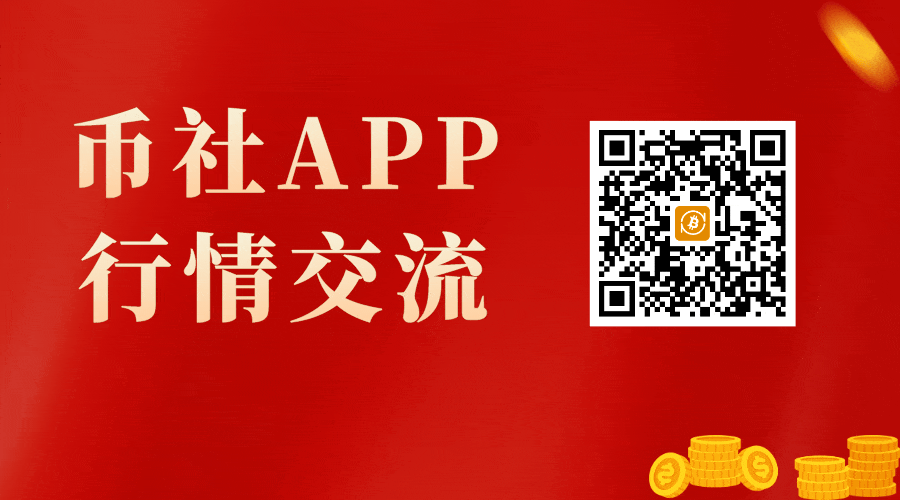区块链提及最多的概念(最常见的区块链概念)?

2. Protocol and Permissionless trust: The confirmation and recording of transactions do not require endorsement from a centralized institution because they are automatically executed based on a consensus protocol agreed upon by all parties involved. This is known as a trust mechanism without a central authority (permissionless trust).
3. Smart Contract: Self-executing contracts that are automatically executed on a decentralized peer-to-peer network without the need for endorsement from a centralized authority. This significantly reduces transaction costs and opens up vast economic opportunities for automation within the network. The behavior of the nodes within the network can be programmed, leading to vast potential for intelligent automation.
Point (1) refers to the technical characteristics of blockchain, while points (2,3) refer to the economic characteristics, forming the basis for value creation. Blockchain has been identified as a revolutionary change in production relations and the driving force for economic progress. Division of labor and cooperation are essential for economic progress, with specialization requiring wide-ranging cooperation and exchange. Thus, the decrease in transaction costs resulting from blockchain would drive further progress in division of labor and productivity, making it a vital infrastructure for technological development.

欧易(OKX)
用戶喜愛的交易所

币安(Binance)
已有账号登陆后会弹出下载
